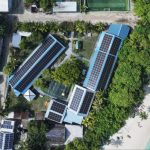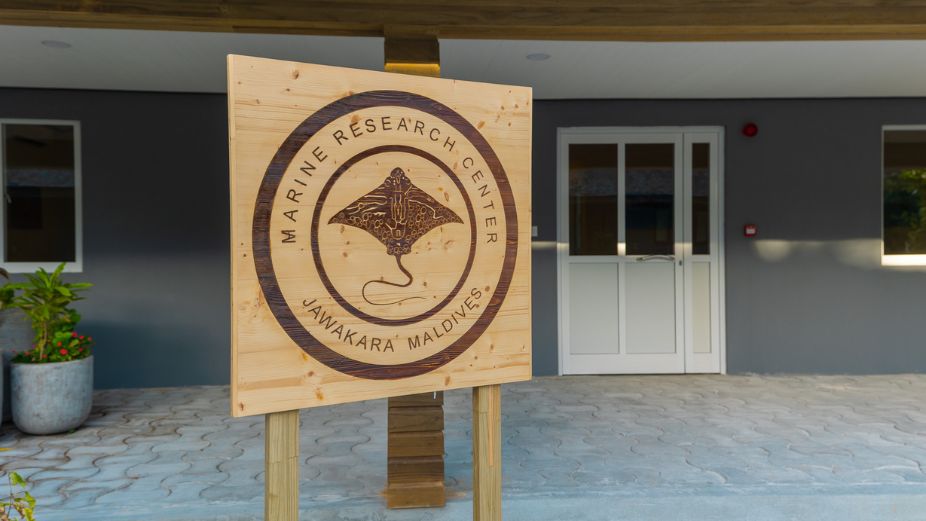
The first-ever Atoll Conference was held at Jawakara Islands Maldives from 1 to 5 September 2025, bringing together more than 30 international experts alongside local stakeholders to discuss atoll resilience and conservation.
The five-day conference featured geologists, marine biologists, anthropologists, ecologists, and sociologists who shared research and explored the challenges and opportunities of conserving atoll ecosystems. Participants took part in presentations, workshops, and field visits, highlighting the interconnection between geology, ecology, vegetation, and human activity in shaping island environments.
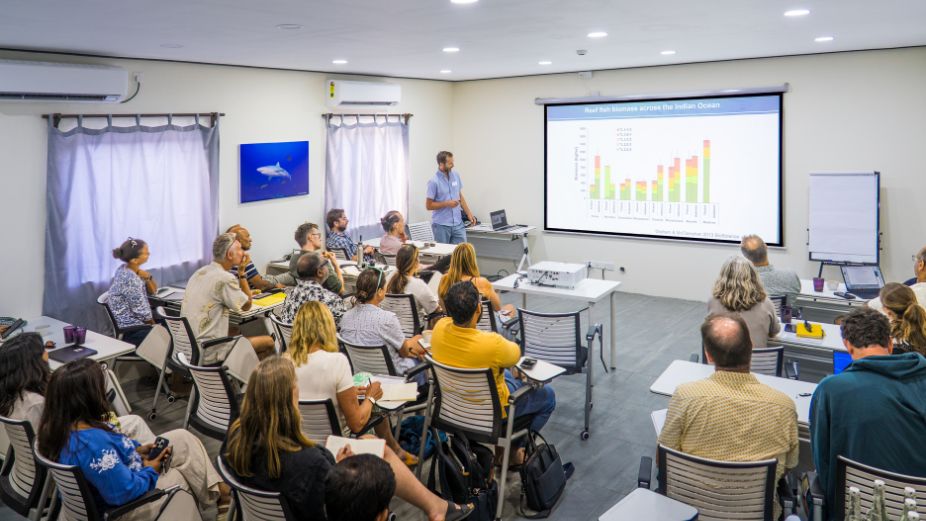
From its inception, Jawakara Islands Maldives has placed sustainability at the heart of its vision. The resort hosts the Jawakara Atoll Research Center and the Maldives’ first Sea Turtle Teaching Hospital, both designed to integrate science, education, and community engagement.
“The idea for the Research Center and the Sea Turtle Institute was part of the Jawakara vision from the very beginning,” said Filip Petre, Owners’ Representative at Champa Lars. “We wanted to create something unique and environmentally sustainable for our guests, an experience that allows them to learn about the island ecosystem while contributing to its protection. The Sea Turtle Institute is one of a kind, and we believe there is a real need for such a facility. Hosting this conference is just the beginning of the kind of transformative work that will take place here.”
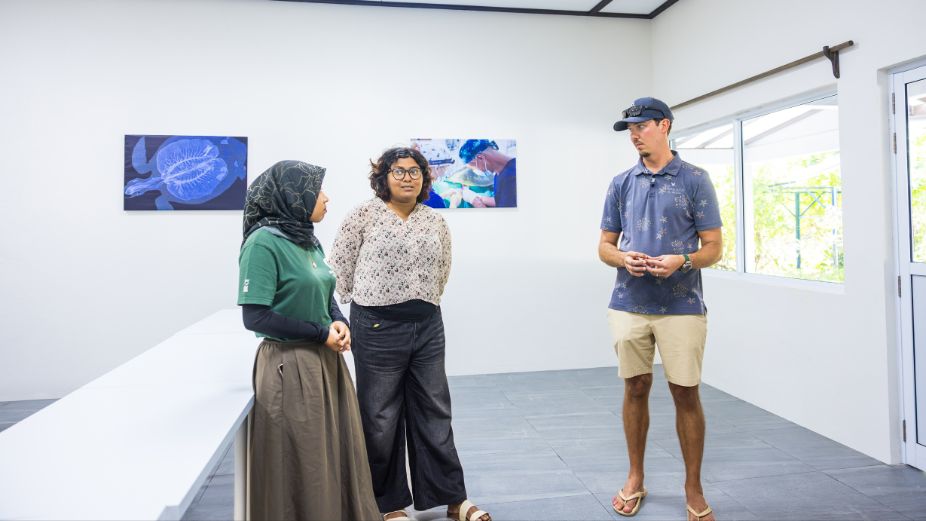
The Olive Ridley Project, a partner in developing the Sea Turtle Institute, noted its pioneering role. “This is the Maldives’ first sea turtle teaching hospital, and we will soon implement the world’s first accredited sea turtle veterinary nursing program, developed in partnership with Maldives National University,” said Isha Afeef from the Olive Ridley Project.
Conference leads Sebastian Steibl from Naturalis Biodiversity Centre, Netherlands, and James Russell from the University of Auckland, New Zealand, reflected on the event’s significance. “Atolls are often described as lost causes to climate change, with rising sea levels painting a grim picture of their future. But two decades of research have shown us that there is still hope, local actions can build resilience. What we achieved here in the Maldives was to bring together leading global experts, local NGOs, and community representatives to rethink what atoll sustainability can look like.”
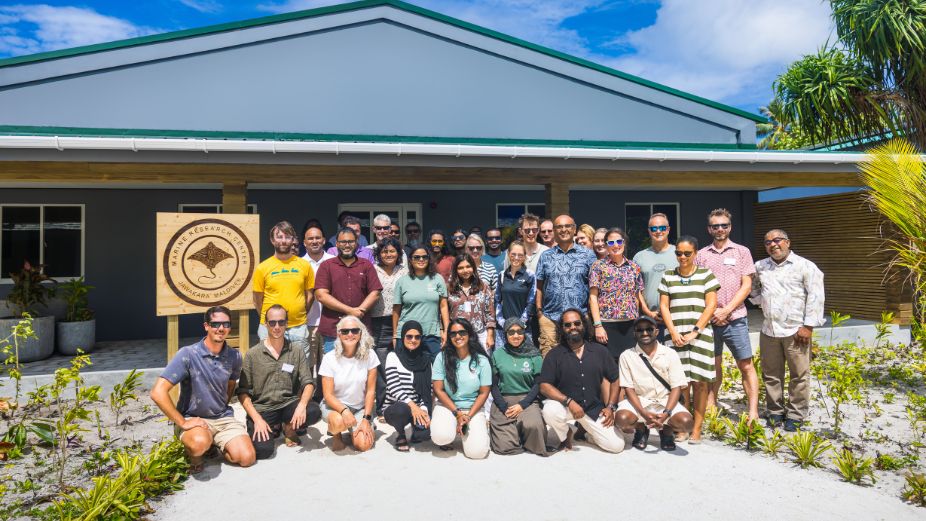
Participants also shared reflections. Zaahie Saeed from Griffiths University, Australia, called the event “truly inspiring,” while representatives from Maldives Resilient Reefs said it provided valuable insights into holistic conservation approaches. Ahmed Reehan Mohamed from the Miyaru Shark Program stressed the importance of reinforcing regulations on the Maldives’ shark ban.
The conference concluded with a call for greater interdisciplinary collaboration and recognition of atolls’ ecological and cultural importance. Organisers noted that the event sets the stage for the Jawakara Atoll Research Center and Sea Turtle Institute to serve as future hubs for research, education, and conservation in the Maldives.









